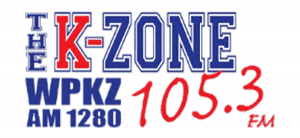UMass Amherst is the latest local school that’s being targeted by the feds for alleged antisemitism.
civil rights
Boston Police search for suspected Holocaust Memorial vandal
The Boston Police Department issued stills from surveillance footage of a man they say vandalized the New England Holocaust Memorial around 90 Union St. a little before 9 on Friday night.
Bostonians explore past, future of school segregation on eve of busing order’s 50th anniversary
On the eve of the 50th anniversary of Judge Wendell Arthur Garrity’s ruling to order busing to desegregate Boston Public Schools, Bostonians involved in the case and its legacy gathered at the the Moakley Courthouse to discuss the reality and impact of one of the most influential chapters in the city’s history.
UMass Amherst faces antisemitism complaint after assault: ‘UMass has done nothing to make Jewish students feel safe’
UMass Amherst faces antisemitism complaint after assault: ‘UMass has done nothing to make Jewish students feel safe’
